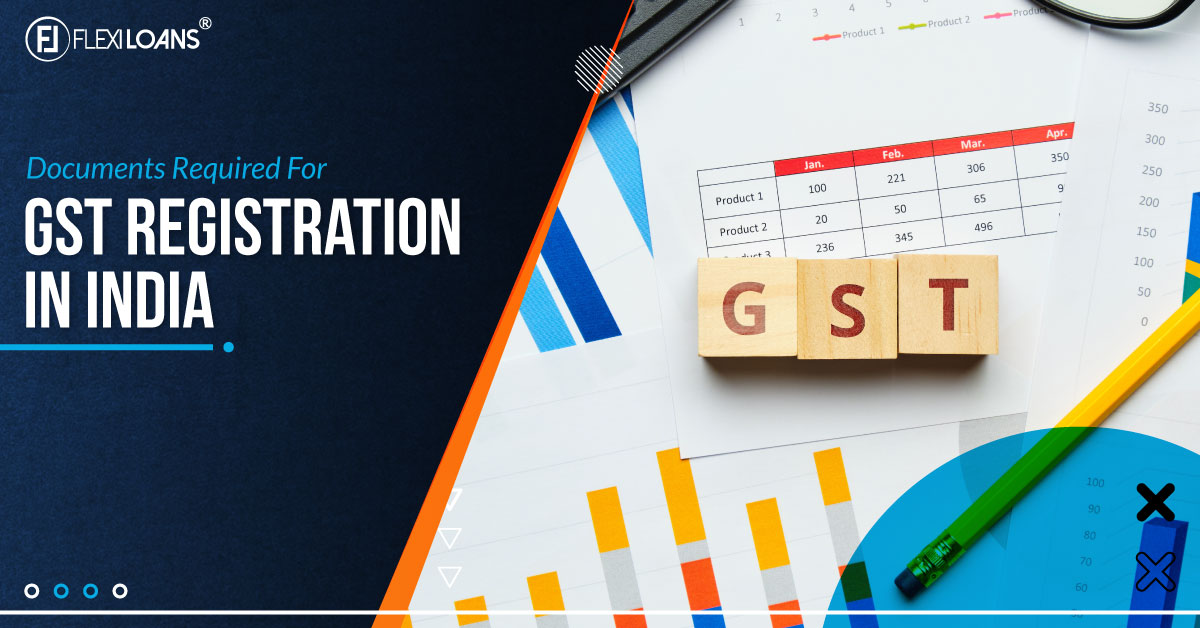Affordable Options for the very best GST Registration Services in Singapore
Affordable Options for the very best GST Registration Services in Singapore
Blog Article
From Beginning To End: The Ultimate Roadmap to GST Enrollment for Companies Looking For Financial Security
Navigating the complexities of Product and Solutions Tax (GST) enrollment is an essential action for businesses pursuing financial stability. From comprehending the basic concepts of GST to abiding by post-registration guidelines, the process can appear intimidating initially glance. However, damaging down the roadmap right into manageable steps can improve the registration trip for companies seeking to improve their financial standing. Allow's discover the important elements that make up this ultimate roadmap and uncover just how each phase adds to laying a solid foundation for monetary success.
Understanding GST Fundamentals
Digging into the essential concepts of Product and Services Tax (GST) is essential for obtaining an extensive understanding of its effects on companies and the economic situation. GST is a value-added tax obligation levied on most goods and services for residential usage. It has actually replaced several indirect tax obligations that existed in the pre-GST era, improving the tax structure and boosting ease of doing company in India. Under the GST system, both items and solutions are strained at a particular rate, which is determined based upon their classification. If their annual turn over goes beyond the threshold restriction established by the government, organizations are required to sign up for GST. Input Tax Obligation Credit Score (ITC) is a significant feature of GST, enabling organizations to assert credit history for taxes paid on inputs, minimizing the general tax concern. Understanding the basics of GST is vital for businesses to adhere to tax obligation regulations, manage their finances successfully, and contribute to the nation's financial growth by taking part in a transparent tax obligation system.
Eligibility Criteria for Registration
To sign up for GST, organizations have to fulfill certain qualification standards developed by the government. The primary qualification requirement is that any kind of organization associated with the supply of items or services with an annual accumulation turnover above the threshold restriction set by the authorities have to register for GST. Since the current regulations, the threshold limit for GST registration is a yearly accumulation turn over of 40 lakhs for organizations operating within a state, besides special classification states where the restriction is 20 lakhs. Furthermore, specific businesses are needed to register for GST irrespective of their turn over, such as interstate vendors, laid-back taxed individuals, and companies reliant pay tax under the reverse fee mechanism. It is important for companies to extensively analyze their turn over and deal kinds to identify their GST registration responsibilities properly. Failure to sign up for GST when eligible can bring about charges and legal effects, making it crucial for services to abide by the specified qualification criteria.
Documents Required for Registration
Having actually met the eligibility requirements for GST enrollment, companies have to currently guarantee they have the requisite papers in place to proceed with the enrollment process successfully. The papers required for GST enrollment usually include evidence of organization constitution, such as partnership action, enrollment certificate, or consolidation certificate for various kinds of companies. In addition, organizations require to give papers establishing the major place of service, such as here a rental arrangement or electrical energy expense.
Step-by-Step Registration Refine
Commencing the GST registration process involves a series of structured steps to make sure a certified and seamless enrollment for companies. The first step is to visit the GST website and load out the registration form with accurate information of business entity. Following this, the candidate obtains a Short-term Referral Number (TRN) which is made use of to resume the application procedure if it's not completed in one go.
Next, all required files according to the list offered by the GST portal need to be posted. These papers generally include proof of company identification, registration and address proofs of promoters, monetary statements, and organization entity's frying pan card.

Post-Registration Compliance Guidelines

Final Thought
To conclude, organizations looking for monetary security has to understand the basics of GST, fulfill qualification standards, gather essential records, follow the detailed see this page enrollment procedure, and follow post-registration guidelines - Best GST registration services in Singapore. By adhering to these steps, services can make certain conformity with tax obligation guidelines and keep financial security in the future
Additionally, particular services are needed to sign up for GST irrespective of their turn over, such as interstate distributors, casual taxed individuals, and organizations liable to pay tax obligation under the reverse fee look what i found device.Having actually fulfilled the eligibility criteria for GST enrollment, services should now guarantee they have the requisite files in area to continue with the enrollment procedure efficiently. The documents needed for GST enrollment typically include proof of business constitution, such as partnership deed, registration certification, or incorporation certificate for different kinds of organizations. In addition, services require to supply files developing the major location of organization, such as a rental agreement or power costs.Beginning the GST registration procedure entails a series of organized actions to ensure a certified and smooth enrollment for businesses.
Report this page